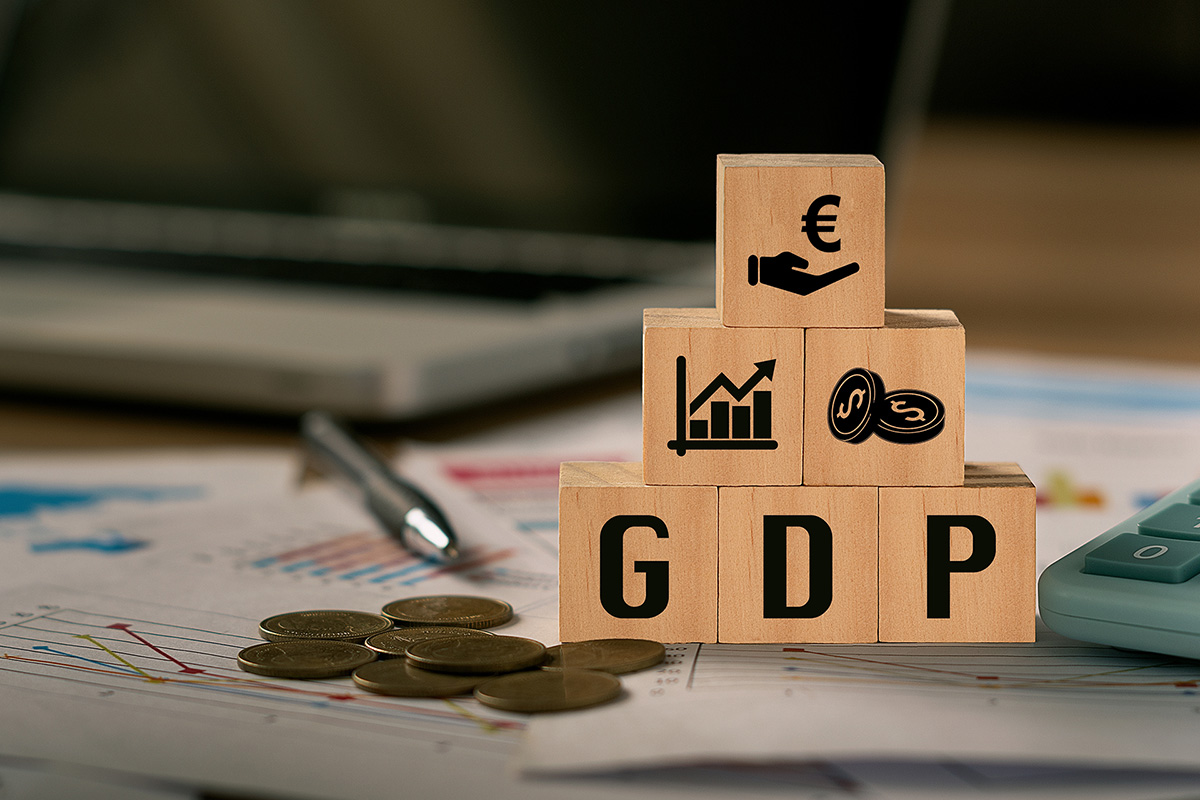Home>Finance>Gross National Product (GNP) Defined With Example


Finance
Gross National Product (GNP) Defined With Example
Published: December 2, 2023
Learn what Gross National Product (GNP) means in finance and how it is calculated, with a clear example. Understand the significance of GNP for economic analysis.
(Many of the links in this article redirect to a specific reviewed product. Your purchase of these products through affiliate links helps to generate commission for LiveWell, at no extra cost. Learn more)
Understanding Gross National Product (GNP) and Its Importance in Finance
When it comes to measuring the economic health and growth of a country, one of the most important metrics is Gross National Product (GNP). GNP serves as a critical indicator for financial analysts, policymakers, and investors, providing valuable insights into a nation’s overall economic activity. In this article, we’ll dive into what GNP is, how it differs from Gross Domestic Product (GDP), and why it is vital in the world of finance.
Key Takeaways:
- GNP measures the total value of all goods and services produced by a country’s residents, both domestically and abroad.
- It includes the income earned by a country’s citizens and companies operating outside its borders.
What is Gross National Product (GNP)?
In simple terms, Gross National Product (GNP) is the value of all final goods and services produced by the residents (individuals and entities) of a country, regardless of where they are located. Unlike Gross Domestic Product (GDP), which only considers economic activity that takes place within a country’s borders, GNP takes into account both domestic and foreign economic activity involving a country’s residents.
GNP includes the income generated by a nation’s citizens and businesses, including wages, salaries, dividends, and profits, regardless of whether they are earned domestically or abroad. This broadens the scope of measurement and provides a more comprehensive understanding of a country’s economic performance.
For example, if a US-based company generates profits from its operations in China, those profits are considered part of the US GNP. Similarly, if an American citizen works overseas and earns wages, those wages are also factored into the GNP calculation.
Why is GNP Important in Finance?
GNP plays a crucial role in finance as it helps analysts, economists, and policymakers gain insights into a country’s economic health. Here are a few reasons why GNP is important:
- Measuring Economic Growth: GNP allows for comparisons over time, enabling analysts to assess changes in a country’s economic output, both domestically and internationally. By monitoring GNP, policymakers can implement strategies to stimulate economic growth.
- Tracking International Investments: GNP helps analyze the impact of foreign investments on a country’s economy. It allows policymakers to evaluate the net inflow or outflow of funds from foreign investors and make informed decisions about economic policies.
Overall, Gross National Product (GNP) provides a comprehensive view of a country’s economic performance by considering both domestic and foreign economic activities involving its residents. It serves as a valuable tool for financial professionals, policymakers, and investors, helping them make informed decisions based on the macroeconomic health of a nation.
This blog post is part of the “FINANCE” category on our website, where you can find more informative articles on various financial topics.














